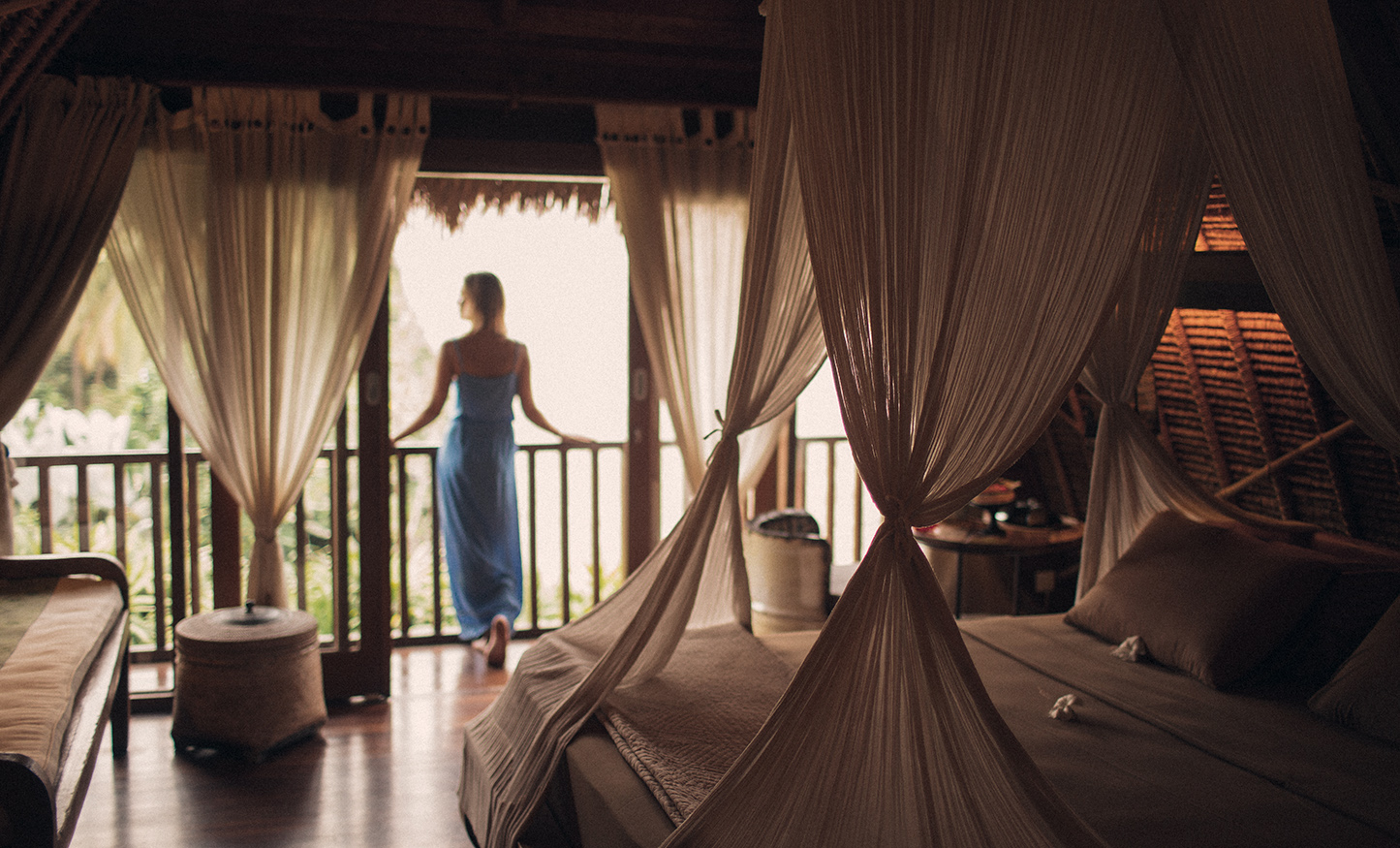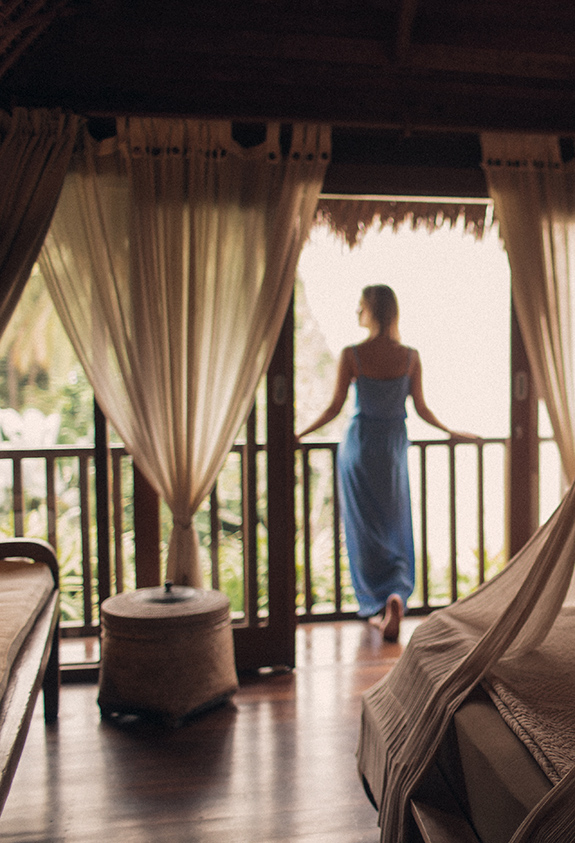


Experiences have always been intrinsic to luxury. They are associated with some of luxury’s key characteristics such as heritage and craftsmanship, as well as the human element in customization, personalization and service. In the luxury world, intangible characteristics, such as experiences, are fundamental to creating value and motivating purchase. Today, the experience that always surrounds luxury has become increasingly important as “the client” for luxury — and their expectations — have changed…and so has the meaning of luxury.
“Luxury consumers are increasingly moving from an expressive to an impressive luxury mind-set, seeking out experiences over material goods…”
The Two Sides of Luxury: Experience and Ownership
Experiencing and owning (or “being and having”) have long defined luxury. This interrelationship is not a new concept. Think of the first car owners, and the thrill, novelty and whole experience that came with driving a vehicle, rather than traveling by horse and carriage. Or the experience of haute couture: the personal fittings, the exceptional detail, the fine craftsmanship and the attention that revolved around having a dress or outfit designed, made and fitted…just for you, as well as knowing it was unique, one of a kind. In both cases, the value of a material good was inseparable from the overall experience of owning it.
But despite “experiences” being the buzzword these days — not just in luxury, but in other categories, ushering in the so-called “experience economy” — “having” has and will continue to be important in luxury. “Owning” — and critically being seen to own luxury goods — can be a way to show wealth and social status, as well as fit in socially. This is particularly true in collectivistic societies (e.g., China, Korea and Japan), class-less societies (e.g., Mainland China) where luxury becomes a social currency, and emerging markets where luxury goods may symbolize achievement and success. For these clients, visible ownership or “conspicuous consumption” — rather than experience — remains a key component and reason for luxury.
Growing Demand for Luxury Experiences
But with increasing wealth and a broader spectrum of clients who can afford luxury — even if only from time to time — the desire for experiences has increased. As luxury becomes more accessible, experience has become a differentiator that can make a luxury product or service unique and sought after.
“People still buy luxury products… But they value the experience around them more than the products themselves, since the experience is more shareable.” – Claudia D’Arpizio, Partner at Bain & Company, 2016
This trend for experiences is driven by Baby Boomers (born between 1946 and 1964), who in their later years appreciate experiences over things, but also Millennials, or Generation Y. Despite the latter being immersed in technology as digital natives — or perhaps because of it — Millennials look for human interaction, meaning, authenticity and genuine experiences.
So, what does luxury look like for Millennials? For many, the answer is the opportunity to enjoy social or cultural activities that they can share, participate in social causes or go on unique, tailor-made holidays into rarely visited natural reserves in Africa or Central Asia. In other words, the answer lies in experience.
“People…don’t want generic or transient. They want curated, personal, locally connected.” – Ian Carr, co-CEO, Hirsch Bedner Associates
Dr. Suzanne Godfrey
Find out more information about the Bachelor specialization in Luxury Brand Management in Hospitality

















